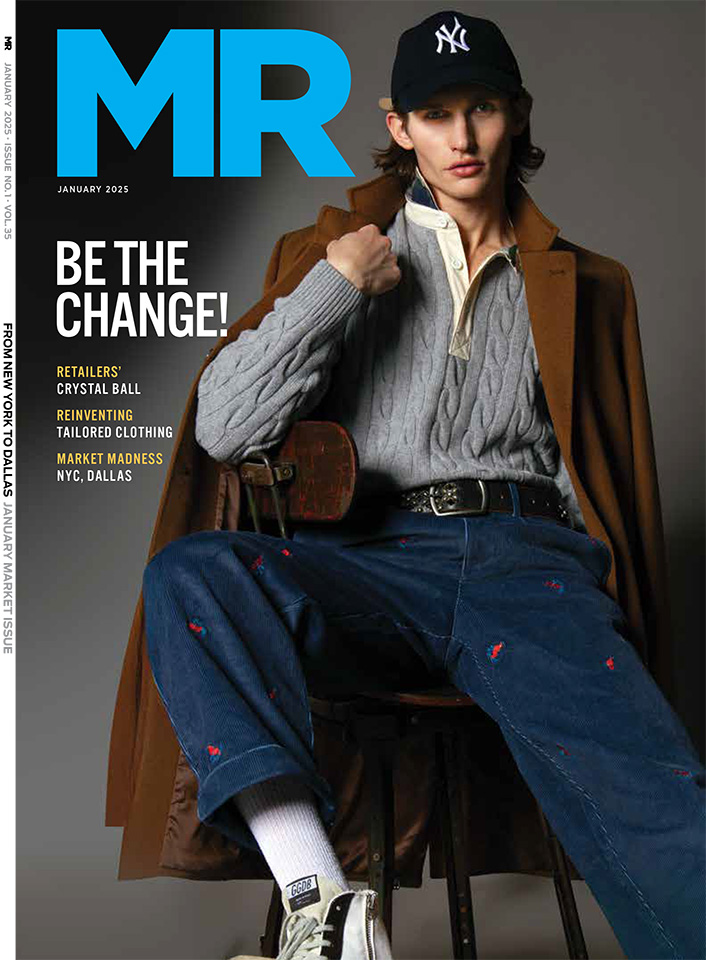How Kering Group Is Shaping The Future Of Eco-Friendly Fashion

Excited laughter ripples through the line outside the Gucci flagship on Paris’s Avenue Montaigne. Shoppers, mainly from China, have been gathering since early morning. At 11 a.m., a security guard at the door beckons two women customers inside the crowded store. Straightaway they make for a display of Gucci Dionysus handbags, arrayed like victorious generals on parade, each $4,000 purse bedecked with snake-head clasps, glossy embroidery, and red-and-green ribbons. They are the work of Alessandro Michele, creative director of Gucci since 2015, who has super-charged the brand’s revenue during his triumphant reign; it’s up 44 percent this year. On the opposite side of Avenue Montaigne, sister company Saint Laurent has also had a jump in earnings—30 percent—multiplying the good fortunes of the labels’ parent, Kering Group, the $13 billion French fashion conglomerate headed by François-Henri Pinault, owner of 14 other status names, including Bottega Veneta, Brioni, Stella McCartney, and Balenciaga. Each of these brands sells different fantasies, but entrenched in the minds of all luxury-goods buyers is the belief that they’re purchasing a designer’s creation, a piece of fine craftsmanship. If consumers do pause to think of ethical provenance—the wages paid to the person who stitched the bag, whether any chemicals ended up poisoning a river in China, if a flock of cashmere goats grazed grassland into dust—they may assume that nothing really bad happened to produce their purchase. After all, we tend to place implicit trust in a pair of boots that costs $3,000. Read more at Departures.

